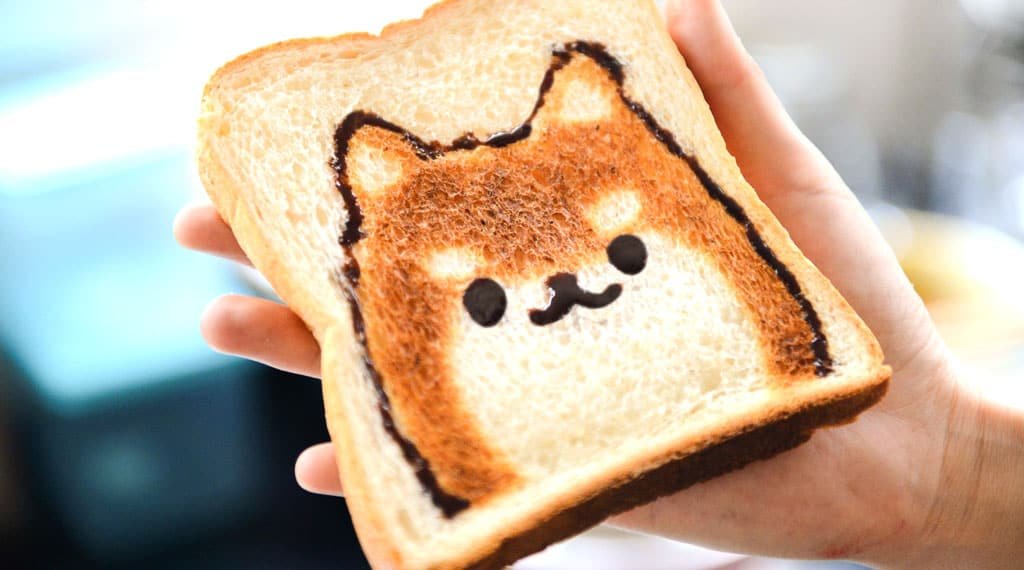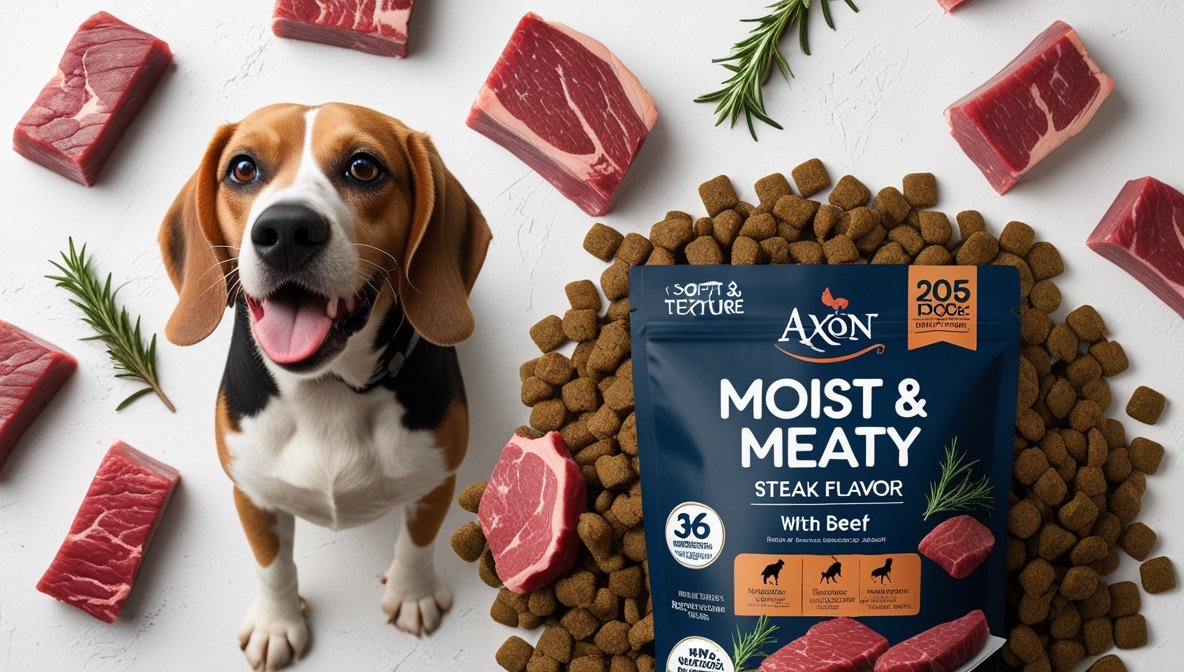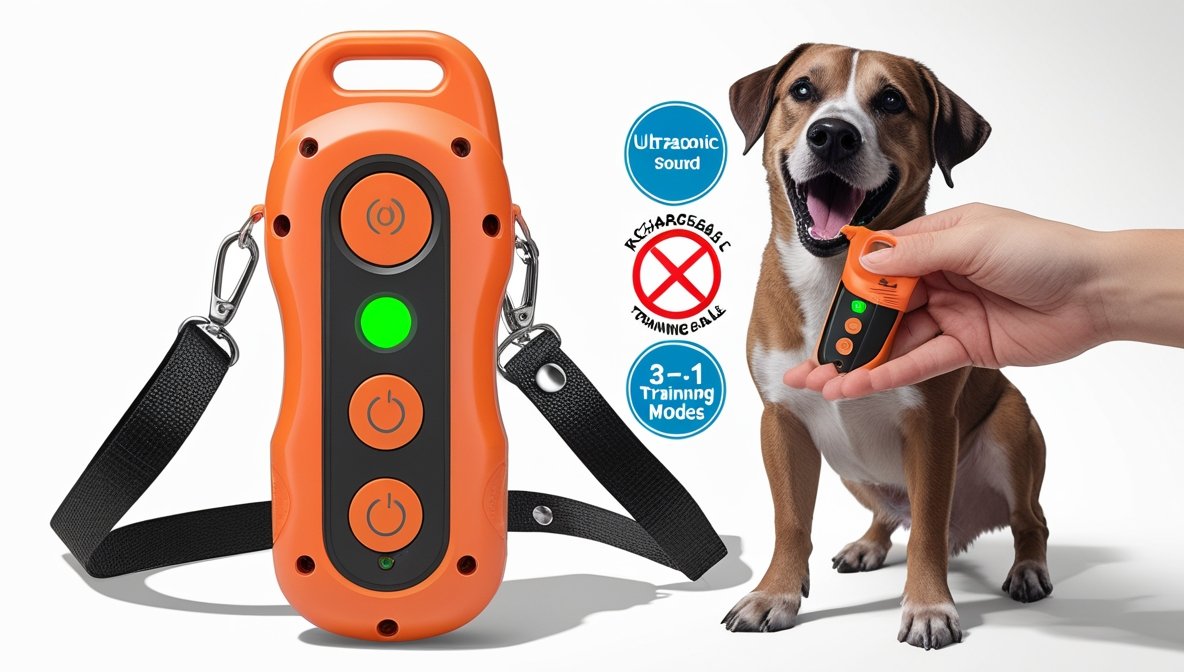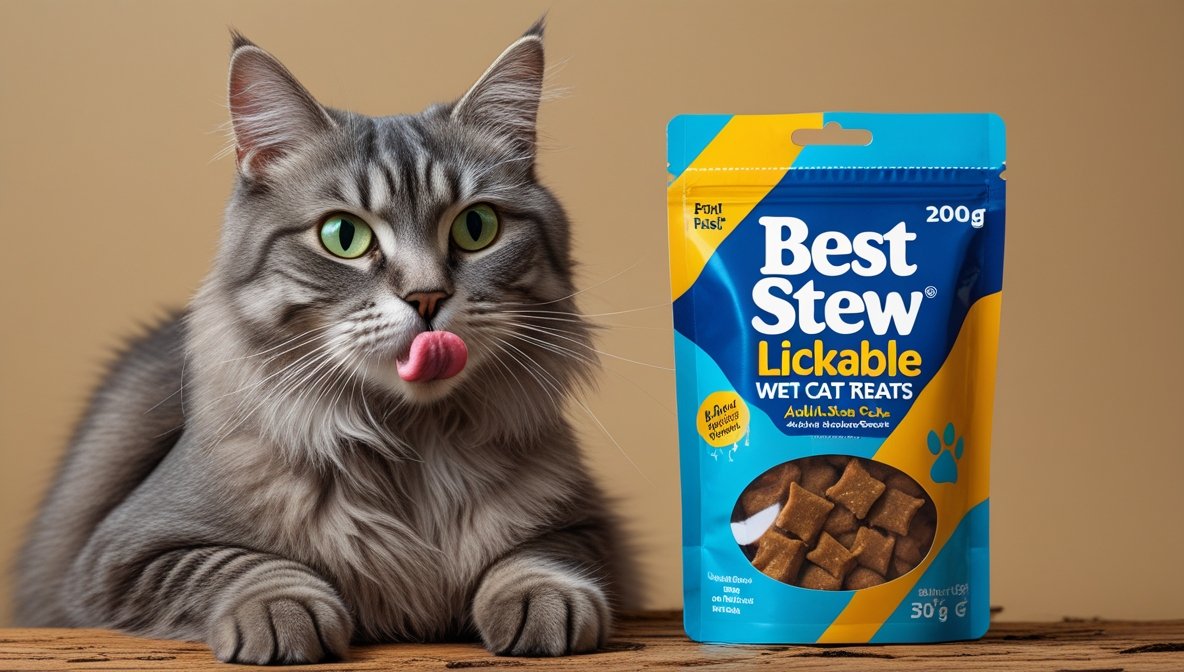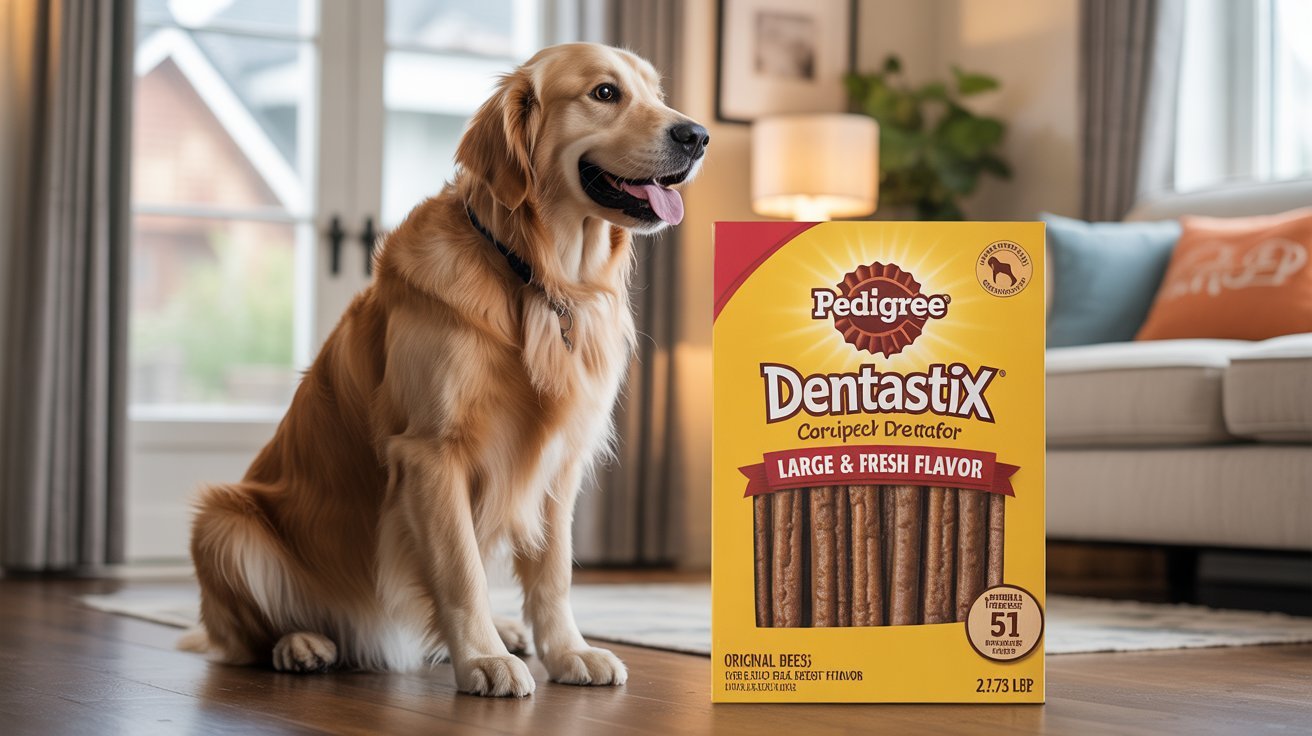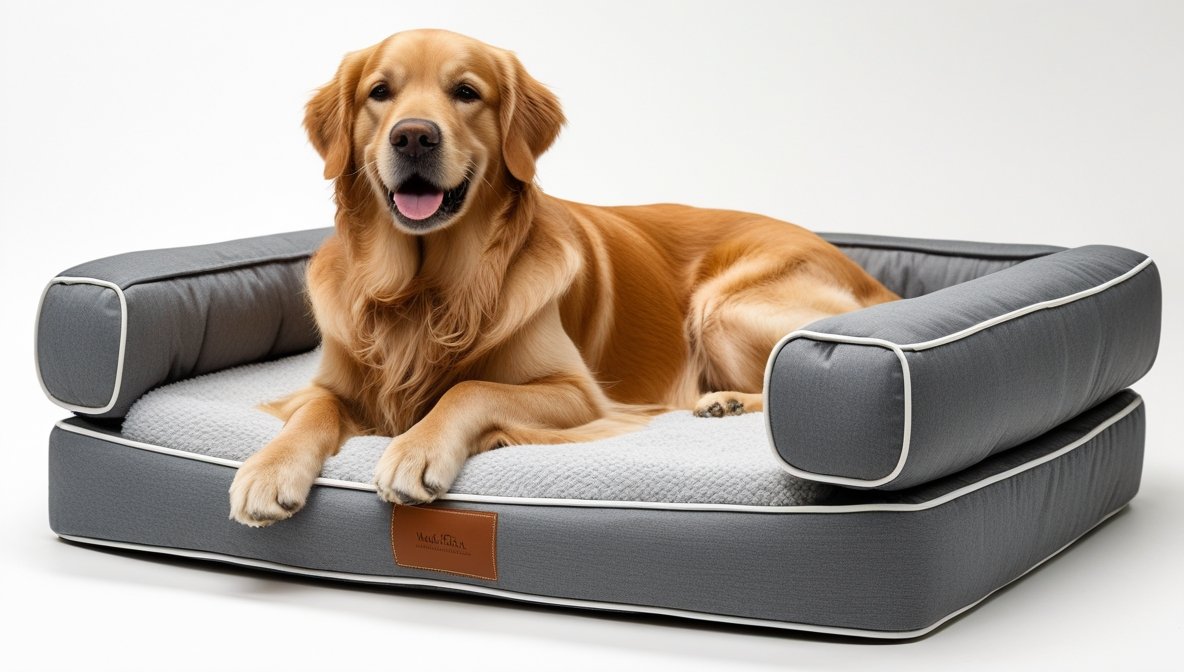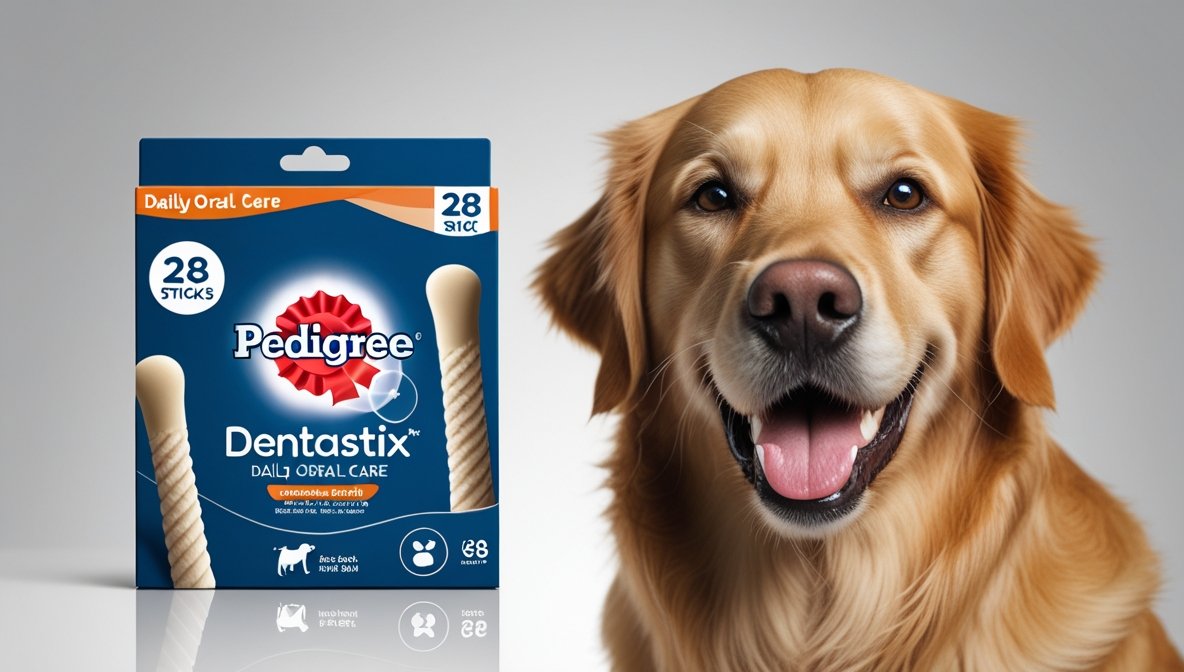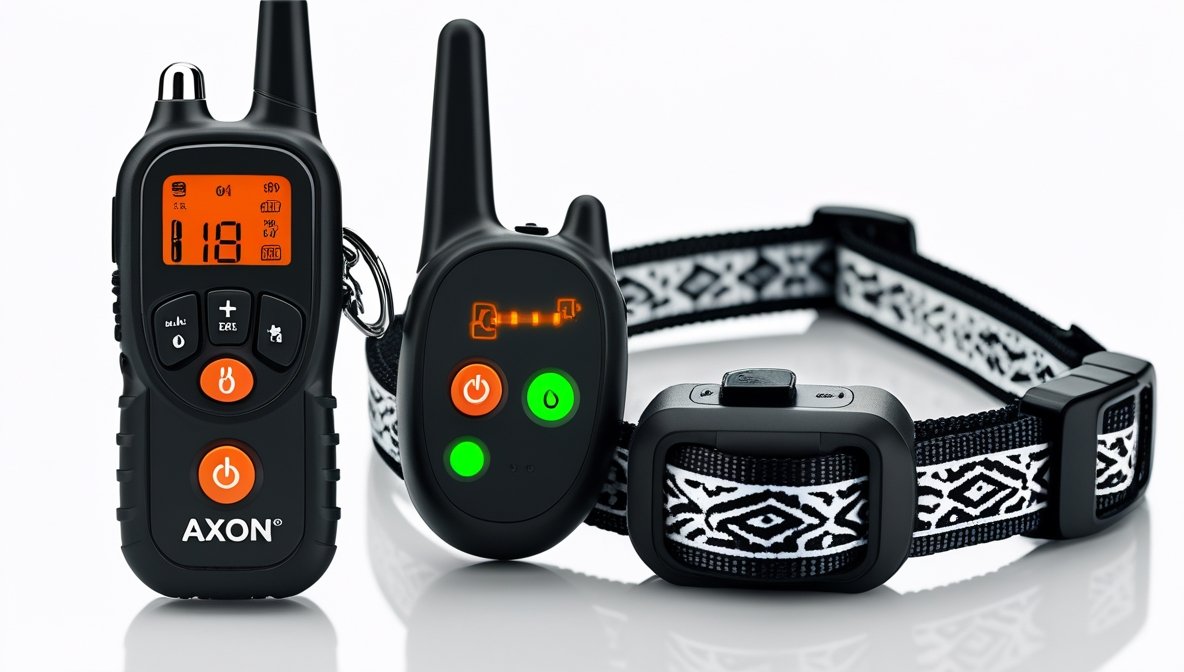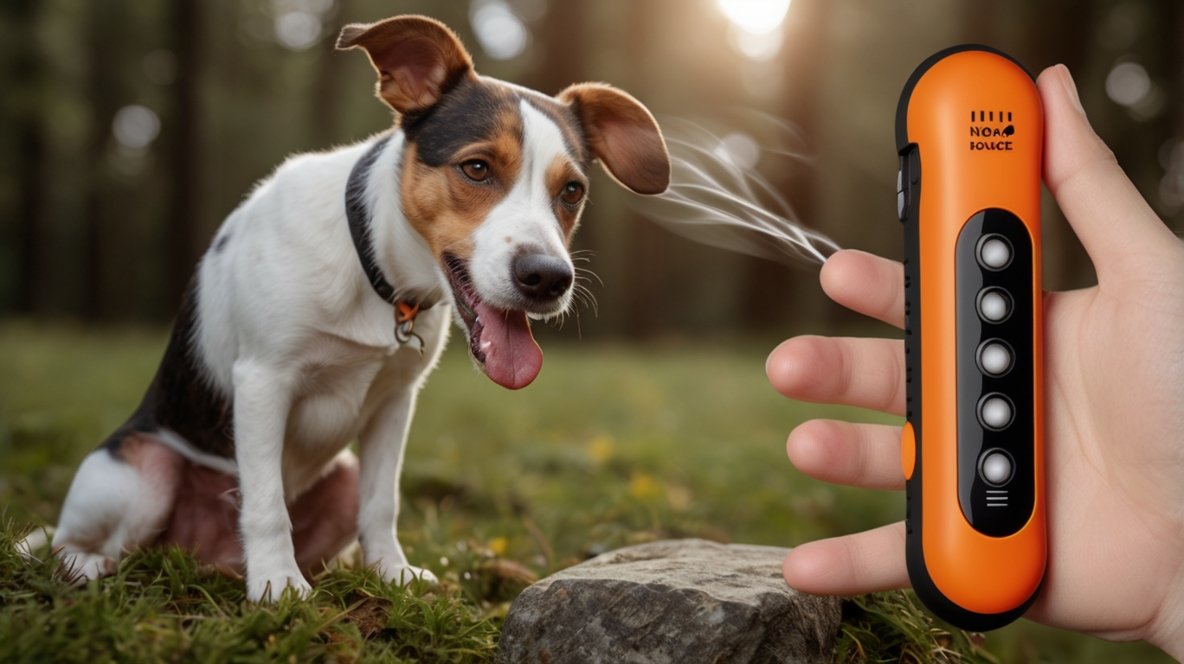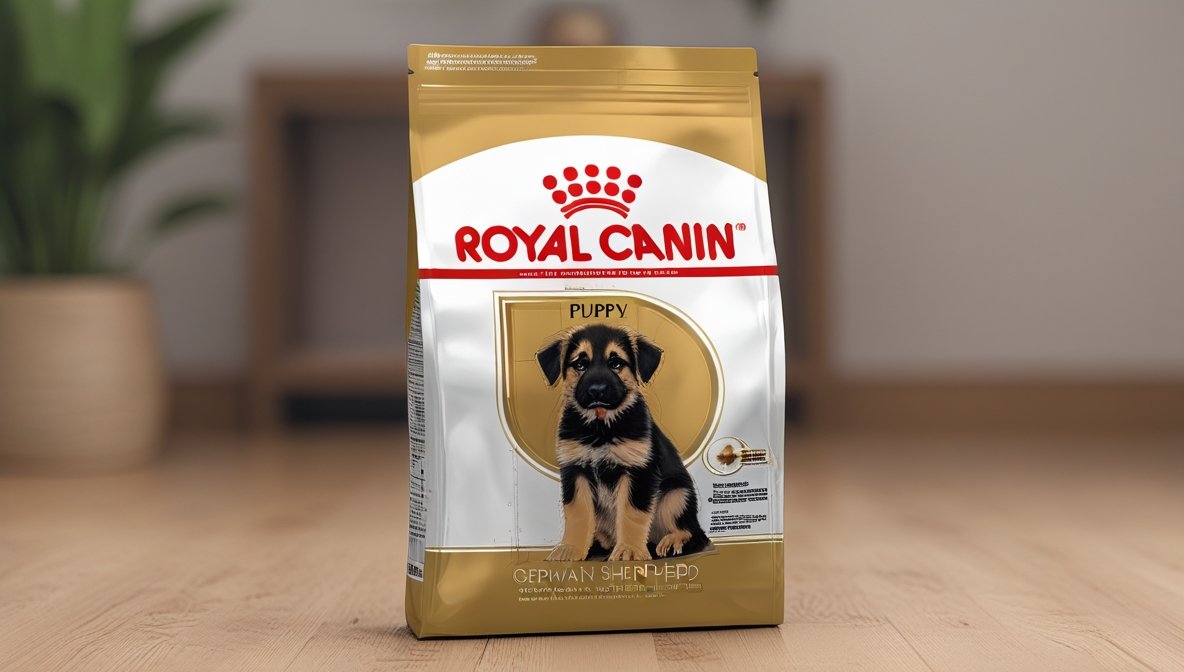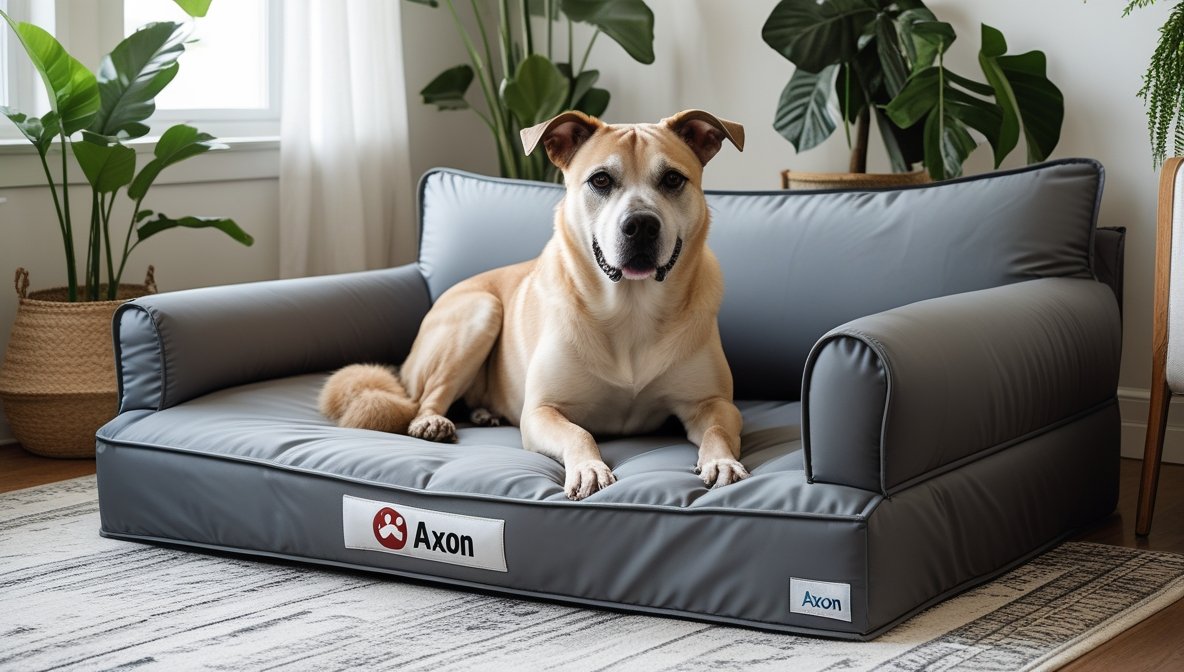Maintaining your dog’s oral hygiene is crucial. In fact, studies show 80–90% of dogs over age 3 have periodontal disease. Plaque builds up daily on teeth and turns into tartar in just a few days, leading to gingivitis, bad breath, and serious health problems. Offering regular dental chews helps break up plaque and prevent gum disease. This article explores the best dental chews for dogs, explains how they work, and highlights affordable and vet-approved options to keep your pup’s teeth clean and healthy.

Why Dental Chews Are Important for Dogs’ Health
Dogs can suffer from bad breath, swollen gums, and tooth loss when plaque and tartar accumulate. Over time, oral bacteria from plaque can even enter the bloodstream and harm organs. Daily brushing is ideal, but many owners find it difficult. Dental chews and treats act as a simple supplement: as a dog gnaws on them, the abrasive texture scrubs teeth surfaces and minimizes tartar formation. For example, feeding a daily dental chew has been shown to significantly reduce plaque and calculus (tartar) buildup and even improve gum health. The Veterinary Oral Health Council (VOHC) reports that giving dogs a VOHC-approved chew each day can greatly cut the risk of periodontal disease. Overall, using dental treats can help dogs avoid painful dental infections and contribute to their overall well-being.
What Are Dental Chews and How Do They Work?
Dental chews are edible treats or sticks specially designed to clean teeth while a dog chews. Unlike hard bones or regular biscuits, they have toothbrush-like textures or abrasive surfaces that physically scrape away plaque. Many resemble brushes or gnawable sticks. As your dog chews, these treats rub against tooth surfaces, loosening and removing the sticky bacterial film (plaque) before it hardens into tartar. For example, Greenies treats are shaped like toothbrushes and contain slightly sticky, chewy material that lifts plaque from teeth. Over time, regular chewing can result in noticeably cleaner teeth and fresher breath.
Dental chews are not a substitute for brushing but a helpful addition. A typical recommendation is to give dogs dental treats 2–3 times per week in conjunction with daily or weekly toothbrushing. Chews should be age-appropriate (typically for dogs over 6 months old) and sized to prevent choking. Overall, dental chews are a convenient way to supplement home dental care and help maintain healthy gums and teeth.

Benefits of Dental Chews for Dogs
Dental chews offer multiple benefits beyond just being a treat. Key advantages include:
- Reduces Plaque and Tartar: Clinical studies confirm that daily dental treats significantly cut plaque and tartar buildup. In a 2013 study, dogs given one chew per day had far lower plaque and calculus on their teeth than dogs without treats. Chewy textures wipe away sticky film on teeth, preventing hardened tartar from forming.
- Freshens Breath: Bad breath in dogs is caused by bacteria in plaque and tartar. By removing those bacteria, dental treats help improve breath odor. Pets’ breath becomes noticeably fresher when plaque is controlled. Many chews also contain minty or herbal fresheners (e.g. parsley) that neutralize mouth odors.
- Promotes Healthy Gums: Removing plaque prevents gingivitis (gum inflammation). Preventive chewing helps keep gums pink and firm rather than swollen and red. In the long run, chews help dogs avoid the pain of periodontal disease, which can lead to tooth loss.
- Supports Heart and Organ Health: Research shows that poor dental health in dogs is linked to heart, liver, and kidney disease. By reducing the amount of oral bacteria entering the bloodstream, dental chews can indirectly support your dog’s overall health.
- Mental and Physical Stimulation: Chewing itself is enjoyable and comforting for dogs. Dental chews provide a healthy outlet for chewing behavior, help exercise the jaw muscles, and relieve boredom. The jaw movement during chewing can even strengthen dental ligaments over time.
- Nutritional Add-ons: Many dental chews are fortified with beneficial ingredients such as vitamins or enzymes. For instance, some contain chlorophyll, parsley, or peppermint to fight plaque and freshen breath naturally.
Together, these benefits make dental chews a valuable part of a dog’s home-care routine. When used regularly (following vet guidance), they help dogs maintain a healthier mouth and happier life.
How to Choose Safe and Effective Dental Chews
With so many options on the market, it’s important to pick chews that are safe and truly effective. Here are key factors to consider:
- VOHC Approval: Look for the Veterinary Oral Health Council (VOHC) seal. Products with this seal have been independently tested and proven to reduce plaque and/or tartar. For example, Greenies, Dentastix, and VeggieDent chews are VOHC-accepted for plaque control best dental chews for dogs.
- Appropriate Size and Texture: Choose a chew that matches your dog’s size and strength. A chew too small can be a choking hazard; too hard can fracture teeth. For puppies or small dogs, opt for softer or smaller chews. For large breeds, use larger, sturdier dental bones. Vet experts emphasize matching chew size to avoid dental damage.
- Ingredients and Calories: Check the ingredient list. Many chews are made of digestible starch, vegetables, and safe resins. Avoid excessive additives or unknown chemicals. Also note the calorie content — dental treats add daily calories, so adjust meals accordingly. Some brands offer low-fat or grain-free formulas if your dog has dietary restrictions best dental chews for dogs.
- Age and Breed Considerations: Dental chews are generally recommended for dogs 6 months and older. Very young puppies shouldn’t use them until adult teeth come in. Some chew types (e.g. very hard bones) can be especially risky for small breeds or senior dogs with brittle teeth. Always supervise your dog the first few times with a new chew.
- Veterinarian Recommendations: Ultimately, talk to your vet. They can suggest chews based on your dog’s specific dental condition. For example, a dog with missing teeth or a sensitive stomach might need a very soft chew by best dental chews for dogs.

In summary, the top dental chews for dogs are those that balance effectiveness (VOHC-accepted, abrasive action) with safety (proper size, digestible ingredients). Reading labels, following vet advice, and picking chews from reputable brands can ensure you choose high-quality, safe dental treats for dogs / best dental chews for dogs.
Top Dental Chews for Dogs in 2025
Below are some of the most highly recommended dental chews and treats for dogs, based on veterinary guidance and product reviews. All of these are vet-approved for aiding oral health and are suitable for most dogs over 6 months old. (Always check label instructions and introduce new treats gradually.)
Greenies Regular Chewy Dental Dog Treats (Best Overall)
Greenies are perhaps the most well-known dental treats. They are toothbrush-shaped crunchy chews accepted by the VOHC to fight plaque and tartar. Greenies contain digestible ingredients and vitamins. Key points:
- VOHC Seal: VOHC-accepted for plaque control.
- Easy to Chew: Soft, chewy texture even for older dogs.
- Fresh Breath: Minty flavor helps freshen breath best dental chews for dogs.
- Bulk Options: Sold in multi-packs (boxes from 3 to 72 chews) for value best dental chews for dogs.
Veterinarians praise Greenies for combining effectiveness with palatability. (One vet reported feeding Greenies daily to her dogs with great results.) Just be aware they can be higher in calories, so account for that best dental chews for dogs.
Virbac C.E.T. VeggieDent FR3SH Tartar Control Chews (Best for Sensitive Stomachs)
Virbac’s CET VeggieDent chews are plant-based dental treats shaped in a unique Z-form to reach difficult areas. They are recommended for dogs with food sensitivities or picky eaters. Highlights:
- Gentle Ingredients: Grain-free, vegetable-based formula that’s easy to digest.
- VOHC-Approved: Accepted for plaque/tartar control.
- Unique Shape: Textured Z-shape grips teeth from all sides for thorough cleaning.
- Vet-Recommended: The Montana Pet Dentistry guide lists VeggieDent FR3SH as the top dental treat best dental chews for dogs.
These chews come in different sizes (e.g., for small, medium, large dogs) and have a mild taste. Owners report that dogs enjoy the crunch and experience less stomach upset versus bone-based chews best dental chews for dogs.
Blue Buffalo Wilderness Wild Bones
Blue Buffalo Wild Bones are edible marrow-bone shaped chews made of meat and vegetables (grain-free). They provide a meaty flavor plus dental benefits. Key points:
- Dental Action: As dogs chew, the treat’s rough surface scrapes plaque off teeth.
- Grain-Free: Good for dogs with grain allergies or sensitivities best dental chews for dogs.
- VOHC List: Although not explicitly VOHC-certified, they are designed for dental care and are often recommended by vets.
- For Medium Dogs: Specifically formulated in sizes for medium or large breeds best dental chews for dogs.
These Wild Bones are beloved by dogs who enjoy a “meaty” chew. They are softer than rawhide, so less likely to fracture teeth, but still very effective at reducing tartar best dental chews for dogs.
Purina DentaLife Daily Oral Care Dog Treats (Best for Fresh Breath)
Purina DentaLife chews are crunchy sticks that promote healthy teeth and gums. They have a porous texture that helps absorb saliva and trap debris. Highlights:
- Breath Freshening: Contains natural ingredients like parsley to improve breath.
- Plaque Reduction: PUreina’s studies show DentaLife can lower plaque (they are formulated similarly to VOHC-approved chews).
- Low Fat, Grain Free: Free of soy and artificial colors; good for sensitive stomachs best dental chews for dogs.
- Popular Flavor: Most dogs love the taste, making them easy to give best dental chews for dogs.
One study author even mentioned feeding DentaLife to her own dogs every day with excellent results. If your dog needs help with bad breath in particular, these chews are a great choice best dental chews for dogs.
Pedigree Dentastix (Best Budget Option)
Pedigree Dentastix are widely available X-shaped chew sticks for daily use. They offer a lot of value, especially in large economy packs. Key points:
- VOHC Certified: Accepted for plaque and tartar control best dental chews for dogs.
- Low Price: Significantly cheaper per chew than many premium treats.
- Fibril-Technologies Texture: Unique 3D ribbed design scrapes multiple tooth surfaces as the dog chews.
- Different Sizes: Available in small, medium, large for all breeds best dental chews for dogs.
Dentastix are very popular among owners on a budget. They still effectively reduce plaque and tartar, and a study found dogs on Dentastix showed improved gum scores. For cost-conscious families, Dentastix offers great results at an affordable price.
(Other Notable Products)
- WHIMZEES Alligator/ZeeZ Dog Dental Treats: Natural, vegan chews that look like toothbrushes and are VOHC-approved.
- OraVet Dental Hygiene Chews: Vet-prescribed chews containing fluoride to help inhibit plaque bacteria (often used for severe cases best dental chews for dogs.
- Rawhide Alternatives: Some safer options (like Tartar Shield soft rawhide) are VOHC-approved, but always supervise these.
- Water Additives or Oral Sprays: Though not treats, these can be added in between chew days for extra protection best dental chews for dogs.
Each of the items above is routinely recommended by veterinarians for maintaining canine oral health. When choosing, consider your dog’s size, chewing strength, and dietary needs. For example, a small breed puppy may do best with a VeggieDent stick, while a large adult might get the most benefit from Dentastix or Greenies best dental chews for dogs.
Affordable and Cheap Dental Chews for Dogs
You don’t need to break the bank to keep your dog’s teeth clean. There are budget-friendly dental chews that still deliver results:
- Buy in Bulk: Purchasing multi-pack bundles is economical. Greenies and Dentastix come in bulk boxes (e.g. 36–72 count) which lower the cost per treat. Online retailers like Chewy and Amazon often offer bulk savings on dental sticks best dental chews for dogs.
- Store/House Brands: Many pet retailers sell private-label dental chews. For example, Chewy’s house brand often mirrors Dentastix at a lower cost. Costco’s Kirkland brand has its own rawhide alternatives with dental benefits. Walmart’s VetIQ Minties Dental Treats are formulated by vets and cost a fraction of branded chews (Minties contain natural breath fresheners and gently clean teeth). (Note: Always ensure any store brand carries veterinary approval for dental care best dental chews for dogs.
- Low-Cost Formulas: Some simpler treats like biscuits with dental action (Vetericyn’s or Pedigree’s own lines) can provide light cleaning at a low price. While not as aggressive as VOHC chews, they still encourage chewing best dental chews for dogs.
- Coupons & Sales: Keep an eye out for sales on common dental products. Pet stores frequently put Dentastix or Greenies on sale, especially around pet-health awareness months. Signing up for newsletters (e.g. Chewy, Petco) can get you promo codes.
Even lower-cost chews often help by physically scraping plaque during chewing. Just check that the ingredients aren’t harmful fillers. For example, Pedigree Dentastix are noted as a budget-friendly option that effectively reduces plaque and tartar. When buying cheaper or generic chews, buy from reputable retailers and monitor your dog with them at first. Often, the best savings come from buying in bulk or choosing a slightly lower-grade but still VOHC-formulated treat.

Safe Dental Treats for Dogs: Tips and Precautions
While dental treats are generally helpful, it’s important to use safe dental treats and avoid certain hazards:
- Avoid Hard Objects: Steer clear of very hard chews (real bones, antlers, hard nylon bones). These can crack or break a dog’s teeth, leading to pain and costly dental repairs. The Montana Pet Dentistry guide specifically warns that bones, bully sticks, antlers, and nylon toys “often break teeth”. Choose softer or more pliable dental treats instead.
- Beware Rawhide: Traditional rawhide bones can be riskier for chewing and digestion. WebMD and vets advise against rawhide bones and pigs’ ears as dental treats. Rawhide can swell in the stomach or splinter. If you do use rawhide, select VOHC-accepted soft rawhide (like Tartar Shield Soft Rawhide Chews) which are made to be safer. Always supervise your dog with rawhide and remove it if it becomes small enough to swallow best dental chews for dogs.
- Watch for Allergens: Some dogs have food allergies or intolerances (e.g. grains, dairy). Read labels to avoid ingredients your dog reacts to. Many dental chews are grain-free or free from common allergens like soy and gluten. If unsure, start with small chews or trial packs best dental chews for dogs.
- Monitor Chewing Style: Dogs that gulp pieces may need different chews. For example, a dog that tears off chunks of a treat could accidentally swallow a large piece. In such cases, try a dense chew like Greenies Teenie (for very small dogs) or a chew toy. Monitor your pet whenever giving a new chew for the first time best dental chews for dogs.
- Hydration and Chew Time: Provide fresh water nearby as some chews absorb moisture (e.g. Dentastix puff up when wet). Ensure dogs chew fully and don’t treat dental chews as a game of hide-and-seek (ingesting half-chewed remains).
- Not a Brushing Substitute: Remember, dental chews help but should not replace brushing and vet cleanings. Daily brushing (if possible) is still the gold standard. Think of chews as supplemental care between professional cleanings.
(A dog chewing on a bone-shaped dental chew treat to help clean its teeth.)
By following these safety tips, you can choose the best dental chews that support your dog’s health without added risk. Always select treats that are well-suited to your dog’s individual needs, and consult your veterinarian if you have any concerns best dental chews for dogs.
Frequently Asked Questions (FAQs)
Q: Do dental chews really work for dogs’ teeth?
A: Yes. Studies show that daily dental chews can significantly reduce plaque and tartar on dogs’ teeth. Chews with abrasive textures physically scrub the tooth surface as dogs gnaw them. When combined with regular brushing and professional cleanings, dental treats help dogs maintain cleaner teeth and fresher breath. Many vets report visible improvements in gum health in dogs that get routine best dental chews for dogs.
Q: How often should I give my dog dental chews?
A: Vets usually recommend giving chew treats 2–3 times per week, not necessarily every day. This frequency still provides plaque control benefits without excess calories. Some small-breed dogs or those with dental sensitivity might only need 1–2 per week. Always follow the product instructions on your chosen chew. Regardless, brushing at home should remain part of the routine (daily or several times a week) for best oral care.
Q: Are dental chews safe for puppies?
A: Puppies under 6 months old should not receive hard dental treats, because their adult teeth may not be fully present. Soft puppy-specific chew toys (like rubber bones) are better for teething pups. Once your puppy has most adult teeth (around 6–8 months), you can introduce gentler dental treats (like Virbac VeggieDent or Greenies Puppy sizes) in moderation. Always supervise young dogs with new treats to prevent choking best dental chews for dogs.
Q: Which is better: dental chew or brushing?
A: Brushing teeth with dog-safe toothpaste is the best way to control plaque and should be done daily if possible. Dental chews are a helpful supplement but not a full substitute. Think of chews as extra cleaning action on days between brushings. For most pet owners, combining weekly brushing with daily/weekly chews yields great results. If brushing is impossible (due to an uncooperative dog or tight schedule), consistent use of high-quality chews becomes even more important best dental chews for dogs.
Q: Can dental chews help with bad breath?
A: Yes. By reducing plaque and tartar (and the bacteria they harbor), dental chews can noticeably freshen breath. Many chews also include natural deodorizers (like peppermint or parsley) that neutralize odors. If your dog’s breath is extremely foul, it could indicate advanced dental disease, so consult a vet. But for routine breath improvement, products like Purina DentaLife or Greenies are often effective best dental chews for dogs
Q: Where can I buy dental chews?
A: Dental treats are widely available. You can find top brands at pet stores (PetSmart, Petco, etc.), online retailers (Chewy, Amazon), and even some grocery or farm stores. Compare prices: online outlets often have the best bulk deals. Look for special Veterinary Dental Health lines or the VOHC seal. Remember that cheaper “dental” snacks may not have proven plaque-fighting action, so verify reviews or vet advice if choosing off-brand best dental chews for dogs.
Conclusion: Give Your Dog the Best Dental Chews
Regular use of dental chews for dogs is an easy, effective way to promote your pet’s oral health. The best dental chews combine a vet-approved abrasive action with safe, digestible ingredients. Options like Greenies, VeggieDent, DentaLife, and Dentastix top many veterinarians’ lists for reducing plaque and freshening breath. Even on a budget, there are affordable chews and store brands that do the job.
Remember to match treats to your dog’s age and size, supervise chewing, and avoid hard bones or rawhide that could hurt teeth. Most importantly, dental treats help dogs by making dental care fun and rewarding. Combine these chews with brushing and annual cleanings for the best results.
With this guide, you can confidently choose the best dental chews for your dog and keep their smile healthy and bright. Do you have a favorite chew your dog loves? Let us know in the comments, and feel free to share this article with fellow dog owners. Healthy teeth mean a healthier, happier dog – so start chewing today!
Sources: Authoritative veterinary resources and studies support the above recommendations. Further reading: Veterinary Oral Health Council (VOHC) accepted products.


